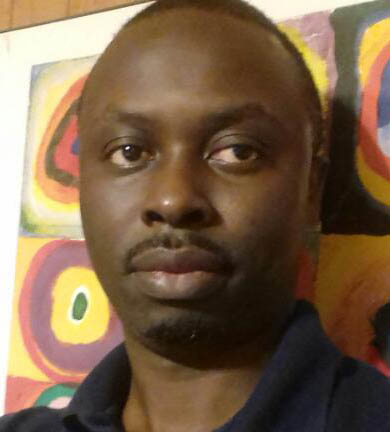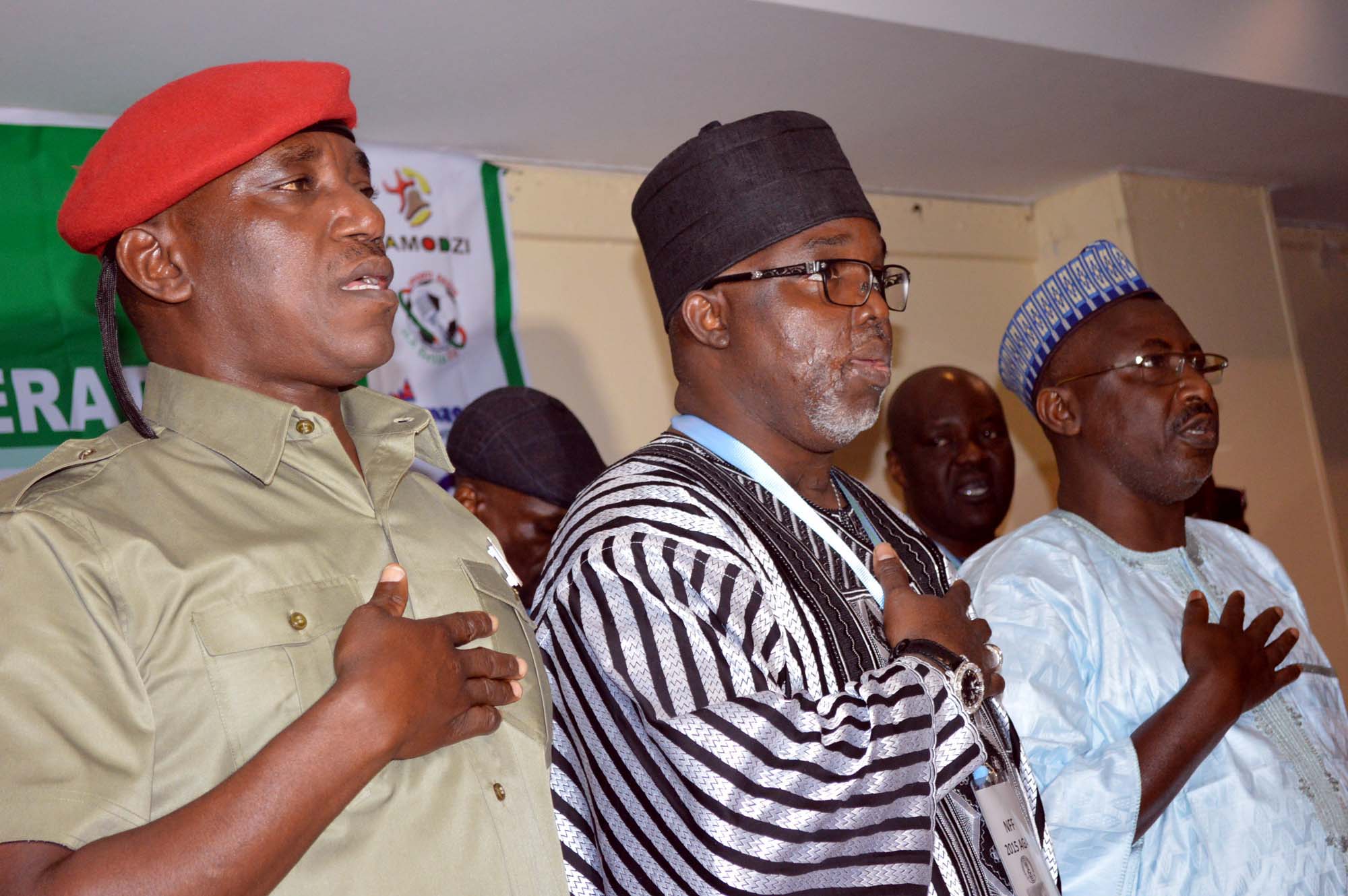Every February 4, the founder of Facebook, Mark Zuckerberg, looks at how a single idea of a night has changed the world and his personal life.
Just yesterday when he had the same reflection, he did with extra smile.
Exactly 12 years after Facebook first connected the people in the world from one continent to another and from one community to another, Zuckerberg was named the fourth-richest billionaire in the world, coming third in the United States, after Bill Gates and Warren Buffett, according to Forbes account.
On Tuesday, he became the world’s fourth-richest person as Facebook Inc. shares fended off plunging stock markets, according to reports.
Advertisement
The 31-year-old founder of the largest social network had a $50 billion fortune by the close of regular trading in New York.
But the most important part of Zuckerberg’s story is that 12 years ago he was an undergraduate at Harvard University, when the idea was launched. Zuckerberg launched Facebook from his Harvard dormitory room on February 4, 2004.
This type of story and his own personal life story have been the reason Nigeria’s billionaire banker and Chairman of Heirs Holdings, Tony Elumelu, has increased his energy in scouting for budding entrepreneurs across Africa and incubating them for Africa’s prosperous future. It’s not a Marshall Plan, it’s Tony Elumelu Plan for Africa.
Advertisement
In the global race for innovation, Elumelu, unlike others in his ilk on the continent, knows that innovation-based economy is what will make Africa fulfill its potential, so he’s doing everything to assemble innovative minds for that change.
More seriously, the government concentration on wage economy has not changed the tradition of labour rift on the continent.
At best, entrepreneurship idea by governments in Africa has been a humpty-dumpty. That is where the headache lies. It is simply good-for-nothing. In most cases, programs to reduce youth unemployment are implemented poorly and a huge sum of money in governments’ budget to turn the tide disappears every year.
Across Nigerian states for example, many programs designed to reduce youth unemployment by state governors are at the best doing nothing to change the status quo, because they have no trigger or rub off effect on the economy.
Advertisement
For instance, a common model among state governments in Nigeria is to employ graduates as member of vigilante group, traffic managers and cleaners, without a serious consideration for the future of their states in terms of how this kind of unproductive engagement can impact on the economy of their states and the country as a whole.
But with youth now making up the largest share of the population in most African countries, it is more urgent than ever to pave the way for more productive job opportunities, according to a World Bank report.
Taken together, innovation is critical to the creation of high-quality, high-wage, sustainable jobs and economic growth, which, in turn, support the rapid progress of any nation.
This transition is what has been the preoccupation of Elumelu in recent years and that’s why his model for the development of Africa is receiving the attention.
Advertisement
Assuredly, the billionaire’s 100-meter dash nowadays has been about how to make Africa great in the real sense of the word beyond its leaders’ rhetoric.
After releasing $100 million from his fortune to provide seed grant to 1000 proto-entrepreneurs every year, Elumelu has been making endowments to programs that can help realise his dream for Africa.
Advertisement
No measure is perfect, but the strength of Elumelu’s approach provides insight into some fascinating questions. What kind of youth unemployment program is desirable for Africa, a continent where the word “potential” has almost become a customised word?
On the global table for inventions, Africans working on the continent are mentioned in ridicule, because the products of their inventions are not innovative enough to get off the ground or compete favourably.
Advertisement
True, from engineering to herbal medicine to craft, we have seen inventions, but they have not been helped to create the Zuckerberg effect.Poor infrastructure and lack of access to loans continue to be major obstacle over the years, so the story of innovation from Africa is told in the medieval.
In Africa, teachers still talk about how everything the world knows happened in Egypt or Mali with disrespect for new economic model that can fast-track desired changes.
Advertisement
Ultimately, innovation-based economy is what Africa needs to move from its “potential” position to producer level and that’s what I think Elumelu has been spending his time and fortune doing in recent years.
With the Tony Elumelu Foundation Entrepreneurship Programme (TEEP), a holistic 12 month programme that happens every year (currently in cycle), and will exist for the next decade, there’s a chance for Africa.
Elumelu is putting his money where his mouth is and his interest in seeing the Africa rising narrative beyond the statistics is what I think remains the force behind his extraordinary quest for entrepreneurial skills in Africa.
With a made-in-Nigeria story that is motivating for any young entrepreneur, Elumelu, who learned the trick of the trade from his boss, Chief Ebitimi Banigo, is undoubtedly an ideal person to do what he’s doing.
We all know the story of how Standard Trust Bank (STB), now the United Bank for Africa, founded by Elumelu became the revolution that brought young people to the banking hall to open savings account when it was difficult for young people in the country to boast of a bank account due to old ways of doing things.
Elumelu has said his life was changed by the principles that he learned from mentors, such as Banigo, which he applied towards his own successful entrepreneurship journey.
From his investment in innovation-based economy for Africa on the strength of his Africapitalism idea, Elumelu’s success story can be looked at through a mirror in one of the entrepreneurs he coached and cared for when TEEP opened its bootcamp in Lagos last year.
In a testimony published on his foundation’s website, an entrepreneur, Gabino Guerengomba, from Benin Republic who released his revolutionary solar module after attending the first TEEP bootcamp has signed an $80 million memorandum of understanding to provide electricity to 10 rural areas in Benin Republic.
With this revelation, Mr. Elumelu’s model is what governments in Africa needs look into to stop the waste in human and financial resources. The mentor-to-mentee approach is particularly unique and rewarding as Guerengomba’s story shows.
Views expressed by contributors are strictly personal and not of TheCable.







